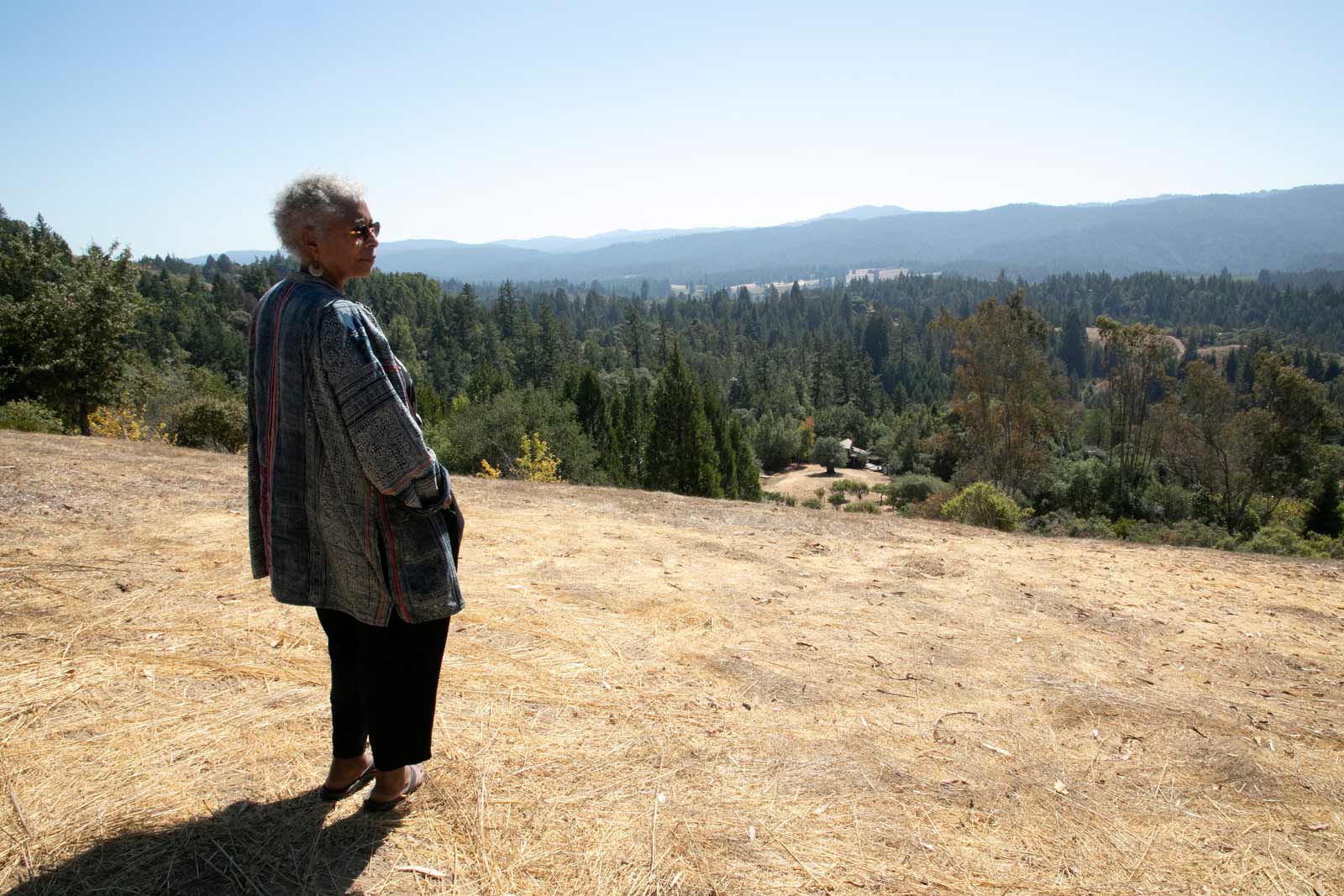Of her more than thirty-five books, Alice Walker’s Taking the Arrow Out of the Heart, published this week, is her first bilingual work, presented in both Spanish and English. In 2015, during a period that Walker calls “a time of great sadness and feelings of loss and despair” in the world, she started writing a series of poems—seventy in total, into 2016—that would speak to that particular time, and memorialize the lives of activists and artists, past and present, who’ve used their voices to fight on behalf of those most vulnerable among us. This collection moves swiftly across a variety of places and settings, including Oakland and Havana, Palestine and Rwanda, from blues clubs to state prisons. Taken together, Walker not only captures the varied complexity of our world as it is, but also seeks to imagine our planet as it could be.
Taking the Arrow Out of the Heart is in many ways a return for Walker, whose first book, Once (1968), she wrote as a student on her first visit to Africa in 1965. Most well-known for The Color Purple, a 1982 epistolary novel that traces the coming of age of Celie—an African-American girl from Georgia in the 1930s who is twice impregnated by her stepfather—Walker was first black woman to win the Pulitzer Prize in fiction and the National Book Award. The novel was then adapted into a movie in 1985 and a Broadway musical in 2005, and revived again in 2015. In Taking the Arrow Out of the Heart, Walker continues to explore the themes of feminism, loss, and redemption that colored her earlier work, but poetry allows Walker to adopt a different relationship to time. Rather than traveling back to the far past or suspending time, Walker’s poems, as urgent responses to the events of the past two years, are imbued with a sense of immediacy, intense engagement, and heightened hope.
In mid-September I sat with Walker, who is seventy-four, at her home in Northern California, to discuss her new book, working in two languages, and how the political events of the last two years have shaped her writing. (This conversation has been edited and condensed.)





